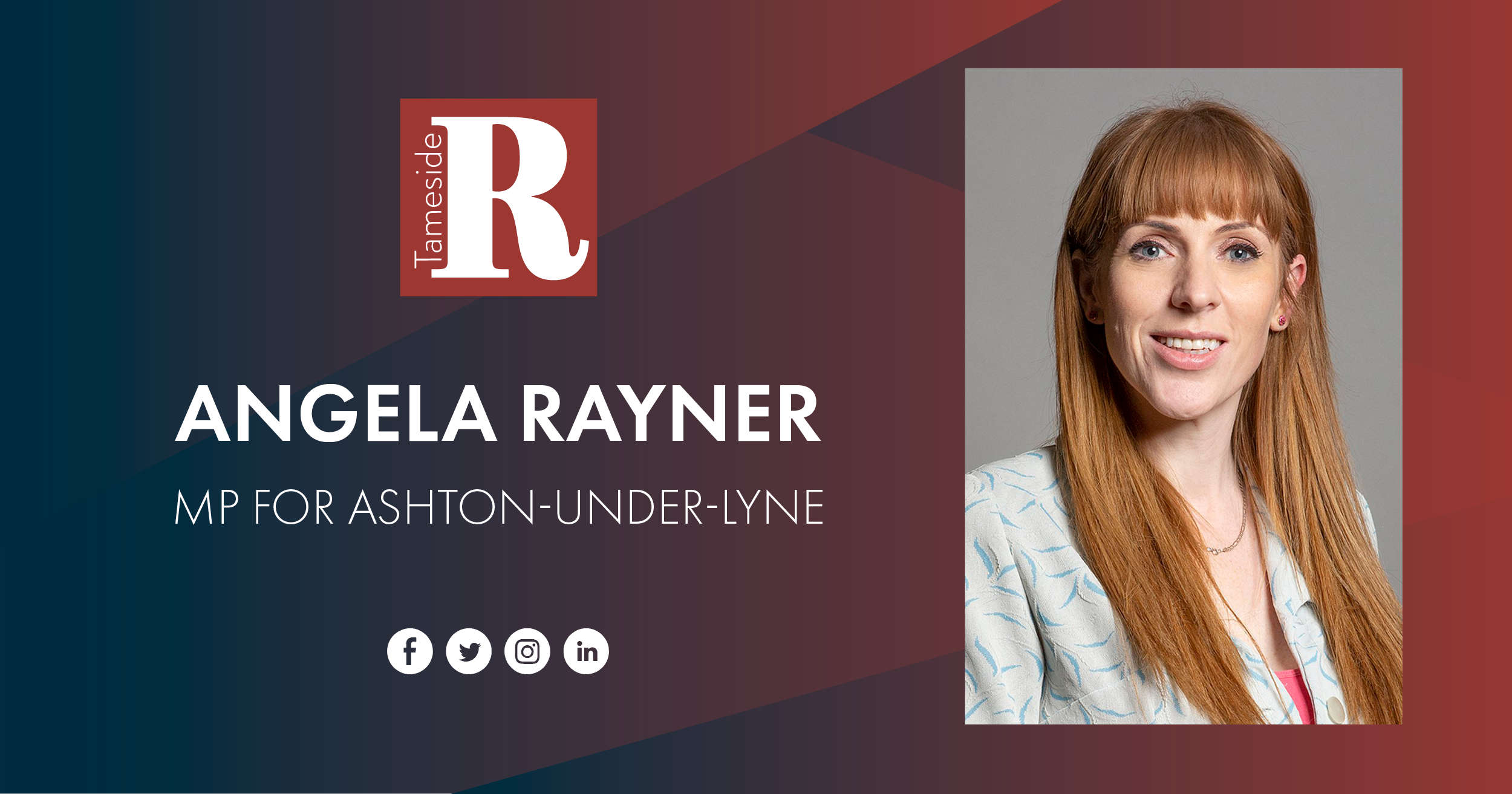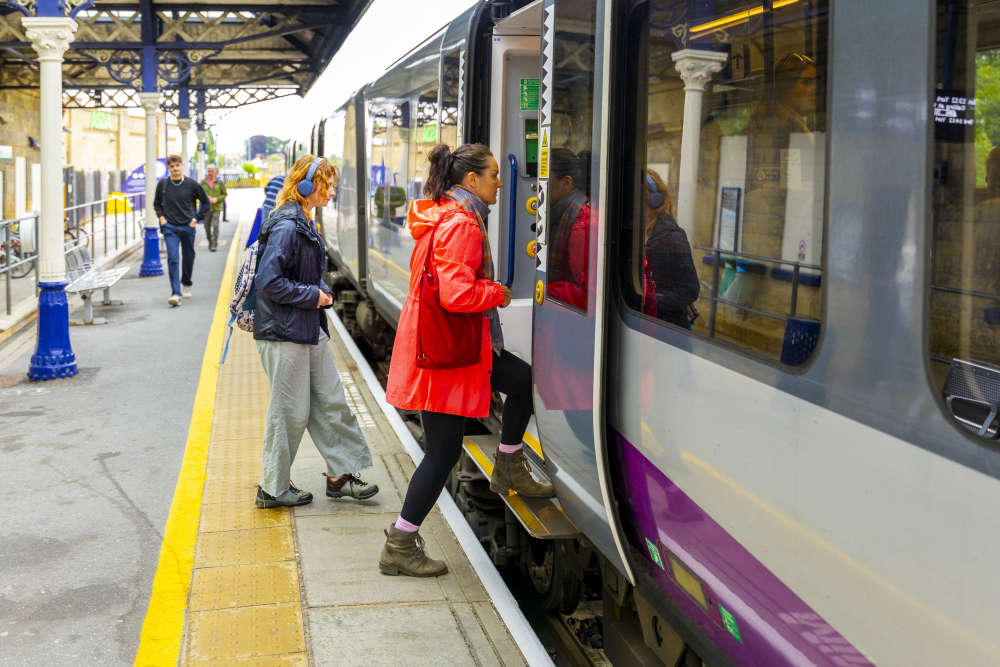
This week I would like to discuss access to NHS dental care, or rather the struggle many of my constituents face to access NHS dental care.
In Ashton, 70 people were forced to attend A&E last year due to dental decay, as patients across the country find it impossible to get an appointment with an NHS dentist when they need one the most.
Within the Tameside and Glossop Integrated Care NHS Foundation Trust, in 2022/23, 50 patients were seen in A&E with a dental abscess, caused by tooth decay while across the country last year, 67,000 patients attended emergency departments with tooth decay.
The number of patients attending A&E with dental decay speaks to the alarming decline of NHS dentistry. Labour’s analysis of patient survey data suggests that 4.75 million people across England were denied an appointment with an NHS dentist in the past two years. Figures show millions of people were either told no appointments were available or that the practice they contacted was not taking on new patients.
The inability for patients to access dental healthcare has forced many into A&E departments when their conditions have worsened.
Currently, tooth decay is the most common reason for children aged six to ten years old to be admitted to hospital.
Labour has pledged to provide an extra 700,000 urgent dentists appointments and reform the NHS dental contract, as part of a package of measures to rescue NHS dentistry.
Our plans to restore NHS dentistry to all who need it include:
Funding NHS dental practices to provide 700,000 more urgent appointments, for patients in need of things like fillings and root canal.
Incentives for new dentists to work in areas with the greatest need, to tackle the emergence of ‘dental deserts’ where no NHS dentists are taking on new patients
Supervised toothbrushing in schools for 3-5 year olds, targeted at the areas with highest childhood tooth decay
Reform the dental contract to rebuild the service in the long-run, so NHS dentistry is there for all who need it
The plans will cost £111 million a year in total and be funded by abolishing the non-dom tax status, which allows people who live and work in Britain to pay their taxes overseas.


 TransPennine Express steps in to keep passengers moving this Easter weekend
TransPennine Express steps in to keep passengers moving this Easter weekend
 New Timetables For Trains Across The North In May
New Timetables For Trains Across The North In May
 800 cannabis plants seized in Mossley
800 cannabis plants seized in Mossley
 StalyFest takes over Bower Fold
StalyFest takes over Bower Fold



